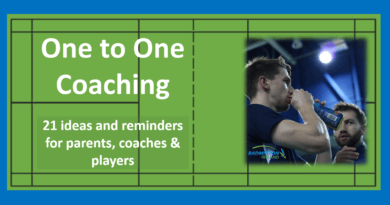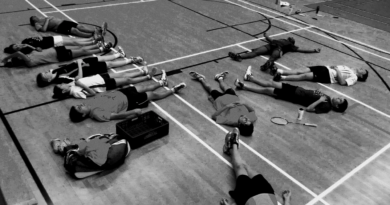6 Ways to Think like a champion
We can’t all be champions but we could all use some of their thinking
Do you wonder what it’s like to think like a Champion and have the same mindset
Of course, it’s not all about winning an event, success has many forms and you’ll need a great mindset whatever targets you have
How you think and what you think about is completely within your control, well most of the time
There are those occasions when the situation demands that you work within guidelines or rules, however, even then you will have some freedom to make your own ‘either-or decisions’
In the same situation, I wonder if you and a Champion would make the same decision or have the same mindset
– – – – – – – – – – – – – – – – – –
Here are some general rules for life that champions often follow
1. Simple ideas to consider
2. Self-belief
3. Champion Goals
4. A.T.D.
5. How they view their practice
6. How they work with Coaches
#177 Dr Nate Zinsser – The Confident Mind
 Advice from Jenny & Greg the Badminton Insight people
Advice from Jenny & Greg the Badminton Insight people
– – – – – – – – – – – – – – – –
1 Simple ideas to consider
Champions don’t perceive themselves as making sacrifices, only choices – a very important distinction
Yes, they know that on reflection it may be a sacrifice but they won’t see it that way. They’ve made a choice and they follow it until they decide to change again. They are comfortable making decisions and knowing how to “kill the alternative”. This means that they don’t dwell over the choices they could have made.
A sacrifice can often feel like a negative, instead view all your choices with a ‘positive intent’. Believe that in the moment you hold that choice it’s what you want to do.
Think about the choices you make and how you view them –
do you currently feel like you are making sacrifices or do all your current choices have a positive outlook?
Champions create great support structures around them
Most talk about their close relationships and support with ‘significant others’ (family, coaches, friends, mentors, etc.) and how they provide them with a balanced perspective on life.
The size of their close group is often only 4 or 5 people. Any more and the messages and information can become confusing
Write a list of the 4 or 5 people who are close to you and who provide the support you need
Champions use role models who have, and are, inspiring them
Role models can provide standards to aim for, allow you to motivate yourself, plus many Champions try to emulate (copy) some of the traits of their role models. Champions use stimulus from many sources and people.
Can you easily name those people who are, or have, been a role model for you?
Champions know that being able to switch off is important
Most champions have the ability to switch off from those factors that are absorbing their time and energy. They don’t forget about them, they just know the importance of how to take a break. The energy gained from taking a break should not be underestimated.
Do you find it easy to ‘escape’ from your thoughts? What do you do?
– – – – – – – – – – – – – – – –
2 Self Belief
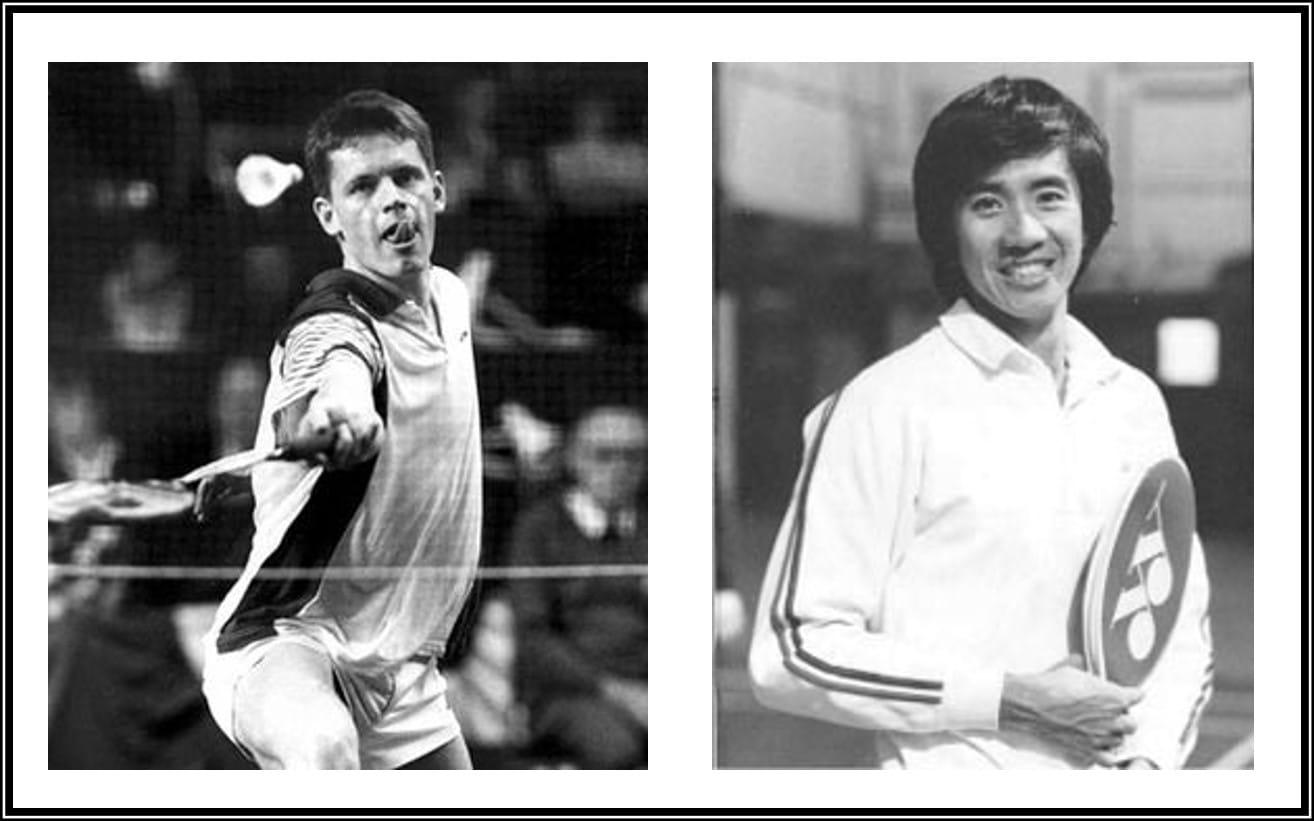 Belief and confidence are an important part of a champions psychological makeup
Belief and confidence are an important part of a champions psychological makeup
Having done their training and analysis of their own capabilities they are then ready for competition. No matter what their condition (great or indifferent) they are ready to perform.
Of course, they have negative thoughts and emotions. However, they are skilled when negative thoughts do creep in, they are very good at reappraising, reframing and changing them to positive ones.
When you talk to a Champion you may be surprised how hard they have worked to develop this Self-Belief, its not a ‘natural as you may think. Many work with other people to create and explore this inner belief. They practice it just as they would with any stroke or tactic.
They love the big occasions, as it’s a chance to perform. Others crumble under the pressure of big events – they don’t.
How strong is your self-belief, especially when you are not in ‘top condition’ and being stressed by internal or external factors?
– – – – – – – – – – – – – – – –
3 Champion Goals
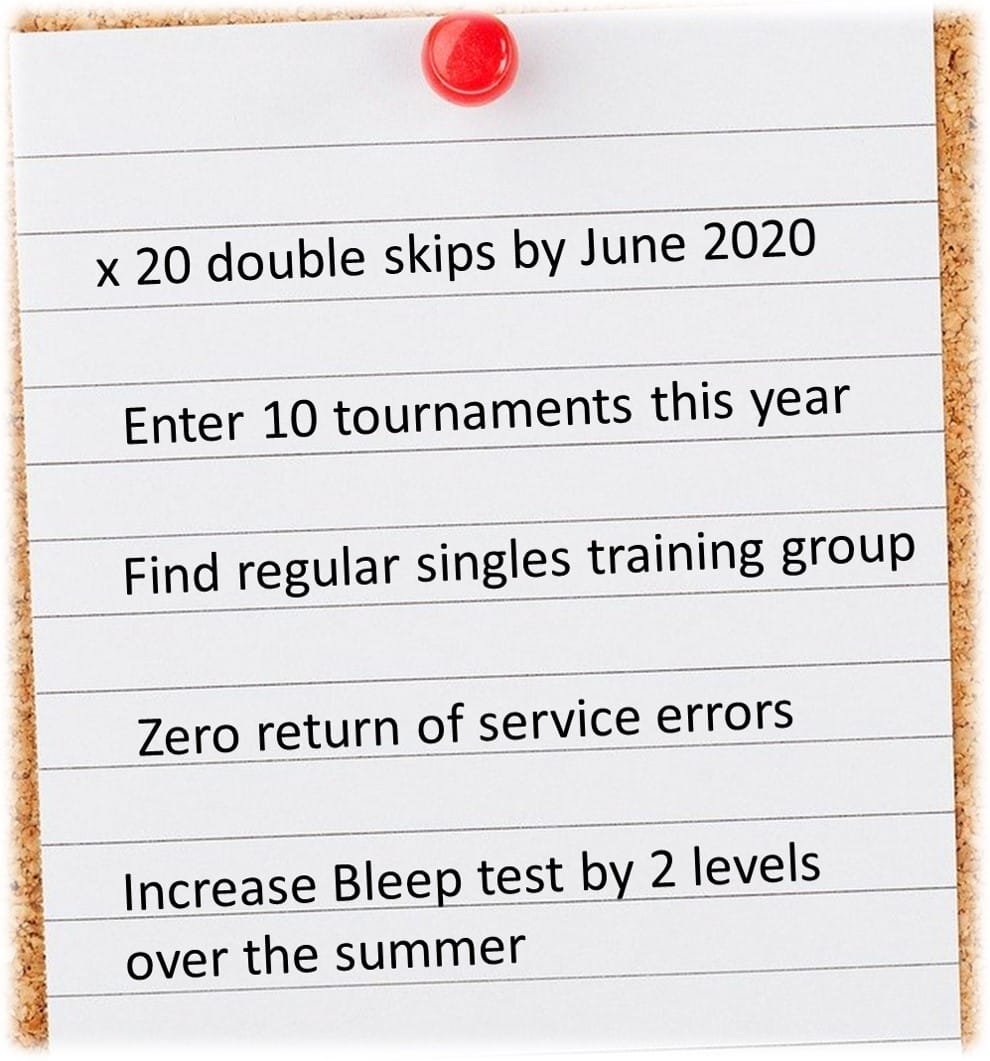 A Champion loves having goals
A Champion loves having goals
They could easily have multiple goals at any one time, 5, 6, even more. Having multiple goals is important for champions, not just because they provide a focus or a plan, but are also an important source of confidence, motivation, control, reward, etc.
To an outsider, some of a Champions’ goals may sometimes seem contradictory or far too ambitious.
They think BIG and don’t see any reason not to. Of course, they have dreams but generally their goals are backed up with plans and mini-goals, steps, and targets
“The curse of melodicity”, being good at most things is not something that attracts them. They realise, like you should that strengths must be made into super-strengths.
Focusing on only improving your weakness will not provide you with that Campion feeling. You may be happy but thinking you could strive for far more
When was the last time you wrote down your top 3 goals, do it now
What 3 things do you want to achieve in the next 12 – 18 months
What 3 things do you know you could achieve in the next 3 – 6 months
– – – – – – – – – – – – – – – –
4 A.T.D
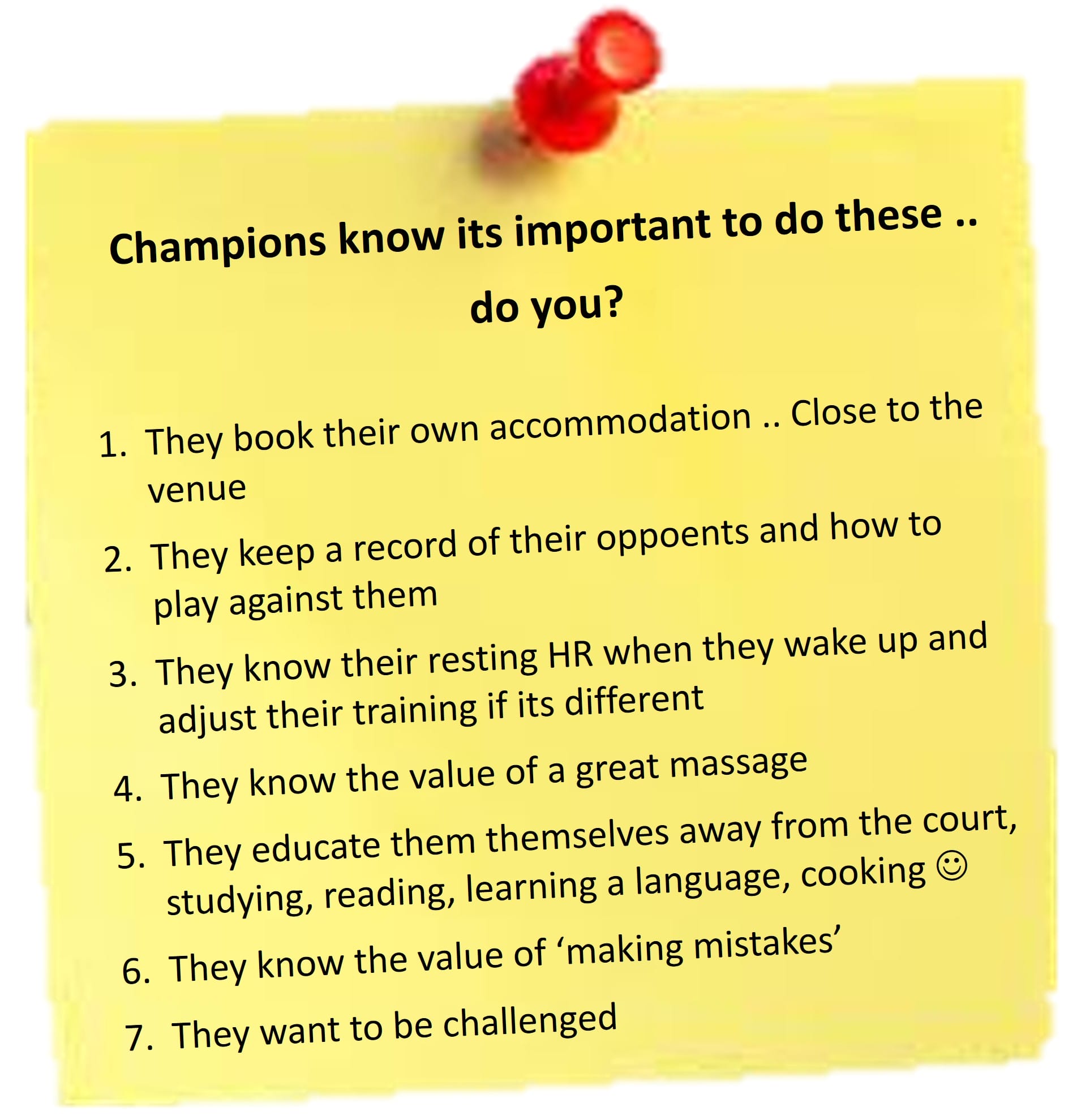 Attention To Detail is a common trait amongst all champions
Attention To Detail is a common trait amongst all champions
You may call it preparation, planning, visualisation, programming, there are so many terms. A Champion is willing to address all of these and more. They understand that without getting the details sorted many things will not be achieved.
You may not be aware of how much detail they are prepared to consider.
They consider the obvious things but also consider the ‘what ifs, they are prepared to think about what could happen.
They use self-talk, they repeatedly rehearse scenarios.
Next time you are lucky enough to chat with champions ask them how important the little details are 🙂
All of these build self-confidence, day to day, their aim is to become comfortable no matter what is challenging them, no matter what condition they are in.
Ask yourself these questions
Do consider the details and pay attention to how each could affect you… you don’t have to enjoy the experience, just be aware of it.
Become great at A.T.D.
– – – – – – – – – – – – – – – –
5 How they view their practice
It’s a cliché but Champions do practice with a competitive mindset
They certainly approach practice with a reason, a challenge, a goal, why else would they practice
Champions understand that there are many different aspects of training. They certainly don’t aim for perfect training, mistakes or losses are not feared. Finding a balance that creates development is often a goal of theirs.
They also don’t always work to the maximum and are careful about always pushing too hard, beyond their limits. Being great at assessing and feeling how their body reacts is a skill that separates Champions from the rest of us.
Champions engage in all types of practice but crucially, understand how to ensure that the majority of their work relates to the competition environment. They don’t just do things to fill time or because it’s the latest Instagram buzz.
How often do you assess your practice to determine if you are developing skills that actually work in competition and reflect competition?
Be aware of mediocre practice
– – – – – – – – – – – – – – – –
6 How they work with Coaches
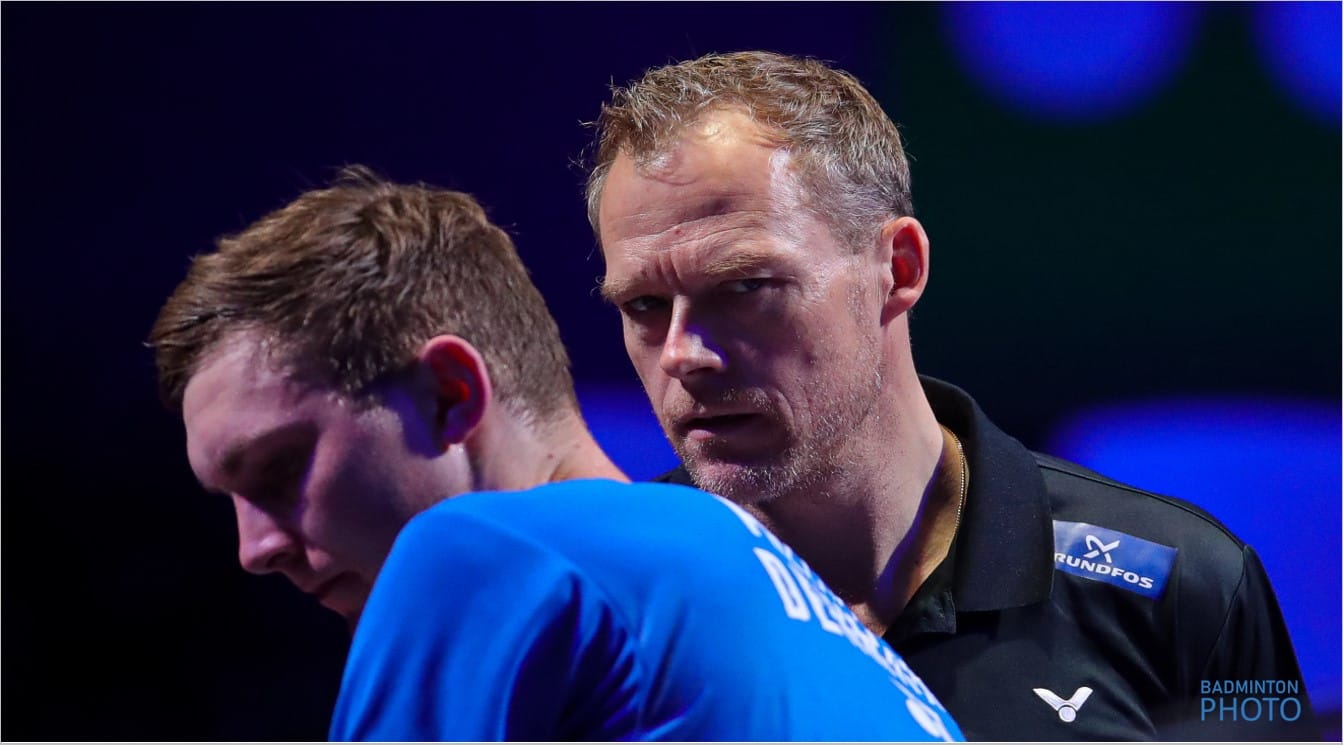
Elite players do not have to be best friends with their coaches.
However, they do have to have mutual respect as well as trust and belief in one another. That is essential.
Your coach must be one of the 5-6 most influential people around you. Otherwise, change the coach. You must understand their gaols for you and be able to share yours with them.
Champions seek out coaches who have a shared vision. Often they look for someone who is challenging, supportive and knowledgeable.
Click on this image to read all about how to get the most from your coach.
Take a look at your coach and ask yourself if they provide at least 3 out of these 5 aspects, all must relate to competition
 Does your Coach ….
Does your Coach ….
- Develop and enhance your competition skills or just strokes and movements
- Involve you when setting goals
- Provide you with information you didn’t know
- Allow you to believe that you could be a Champion (within your definition)
- Both challenge and support you
If you are a Champion, know a Champion or are lucky enough to coach a Champion, do you recognise the aspects here?
– – – – – – – – – – – – – – – –
#177 Dr Nate Zinsser – The Confident Mind
Sport Psychologist Dan Abrahams discuss Nate’s brand new book ‘The Confident Mind: A Battle-Tested Guide to Unshakable Performance’ in which he distils his research and years of experience, offering a fascinating guide to the science of confidence: how to understand it, how to build it, how to protect it, and how to rely upon it when your performance matters most.
– – – – – – – – – – – – – – – –
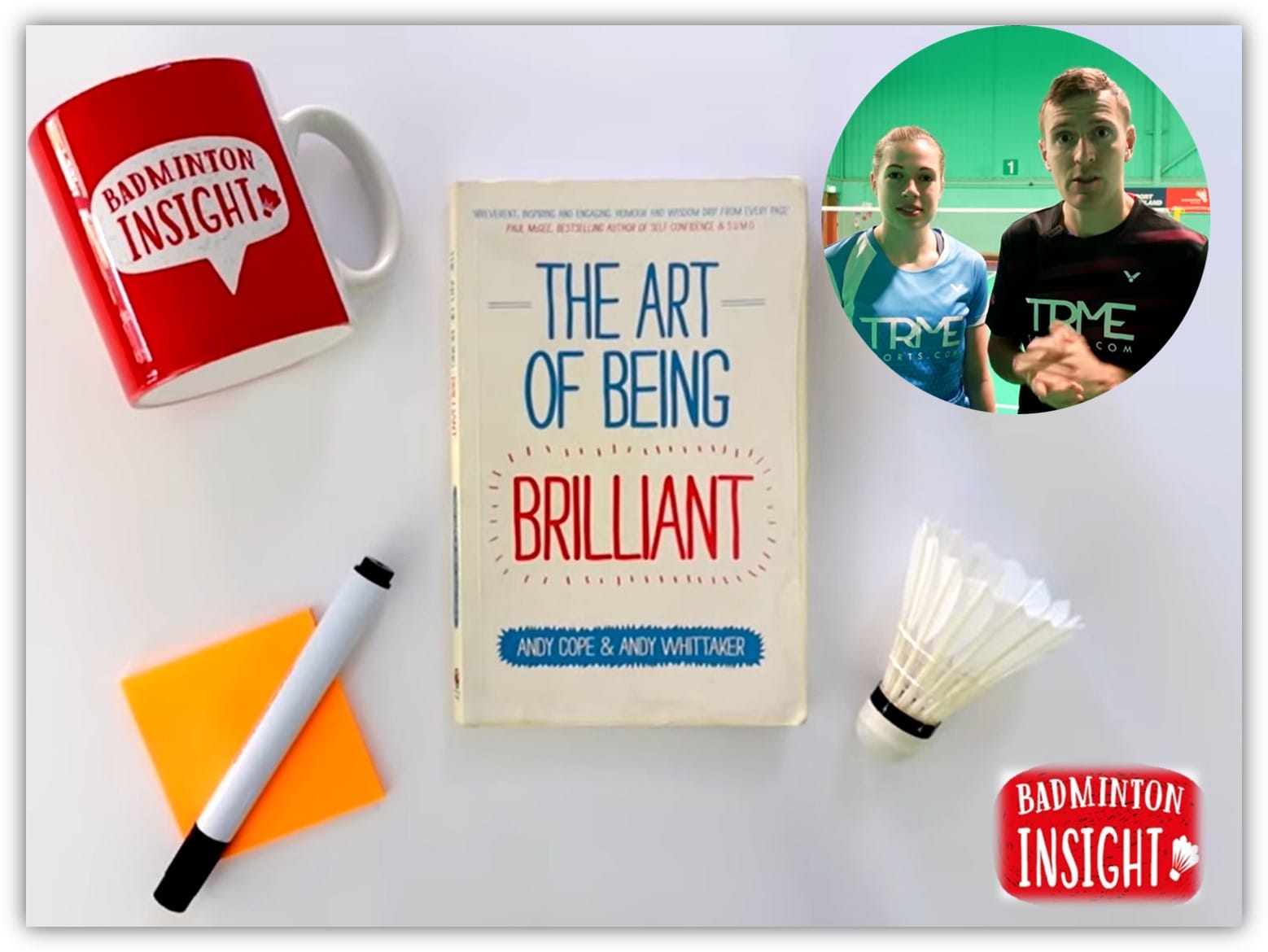
Advice from Jenny & Greg the Badminton Insight people
- Choose to be positive
- Play to your strength
- Take personal responsibility
- Have the ability to bounce back
- Understand your impact
- Set huge goals to avoid ‘The curse of melodicity’

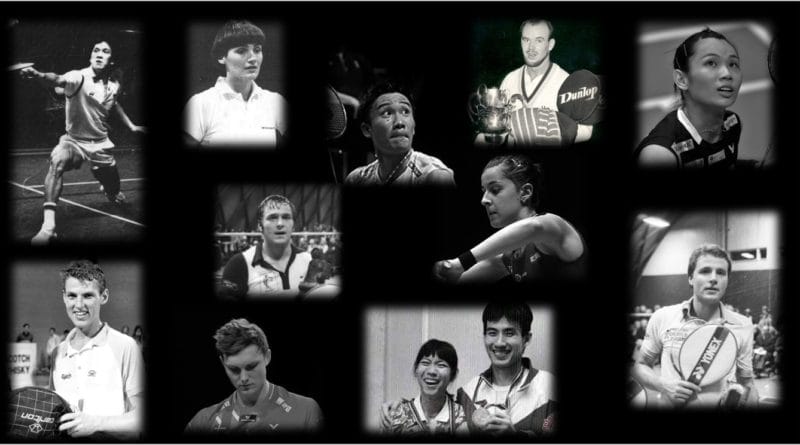
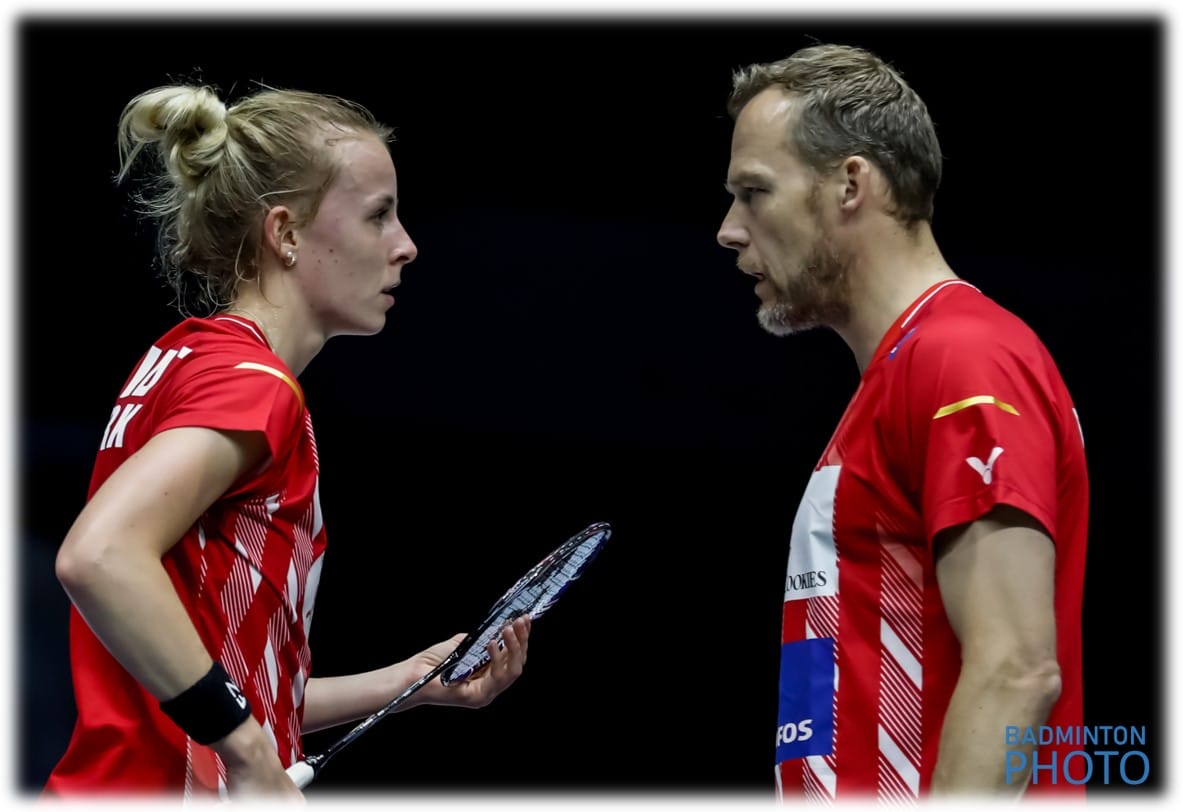 Does your Coach ….
Does your Coach ….
